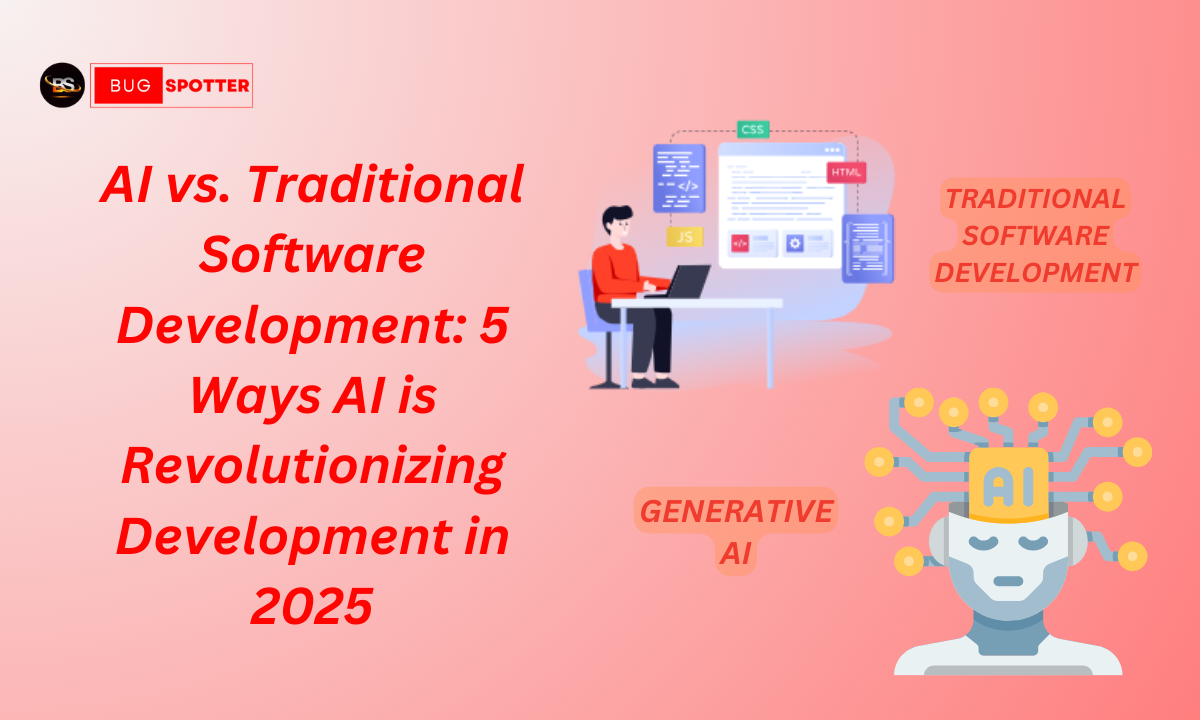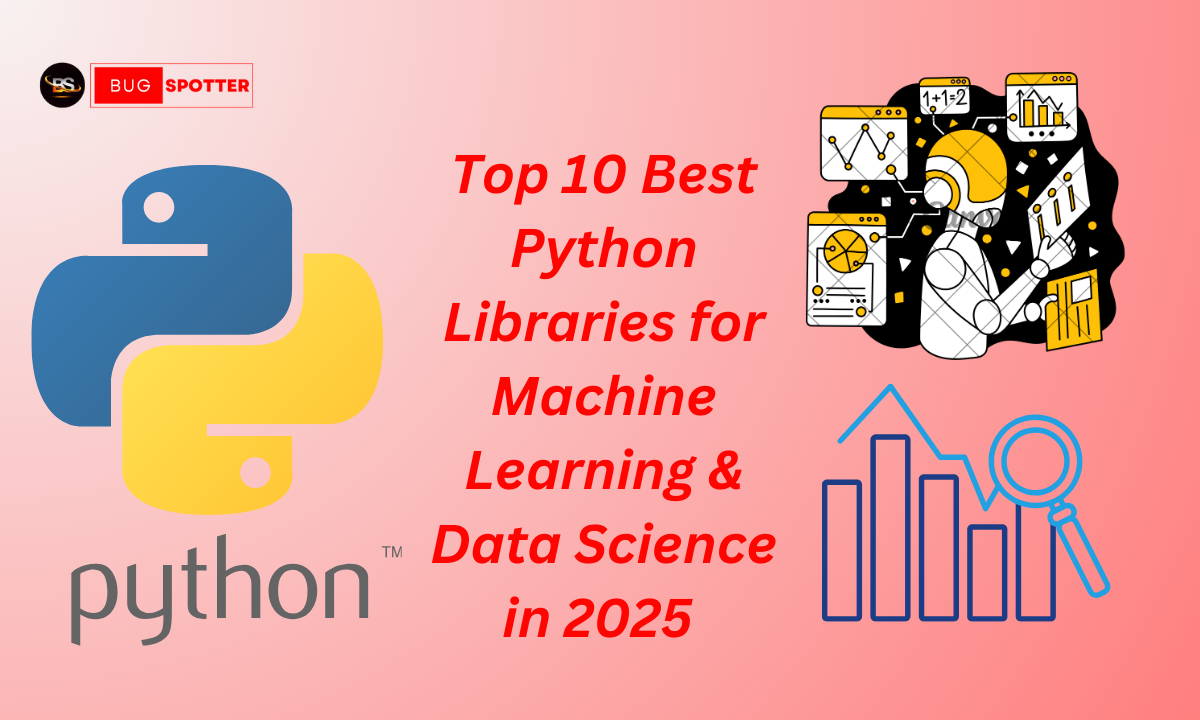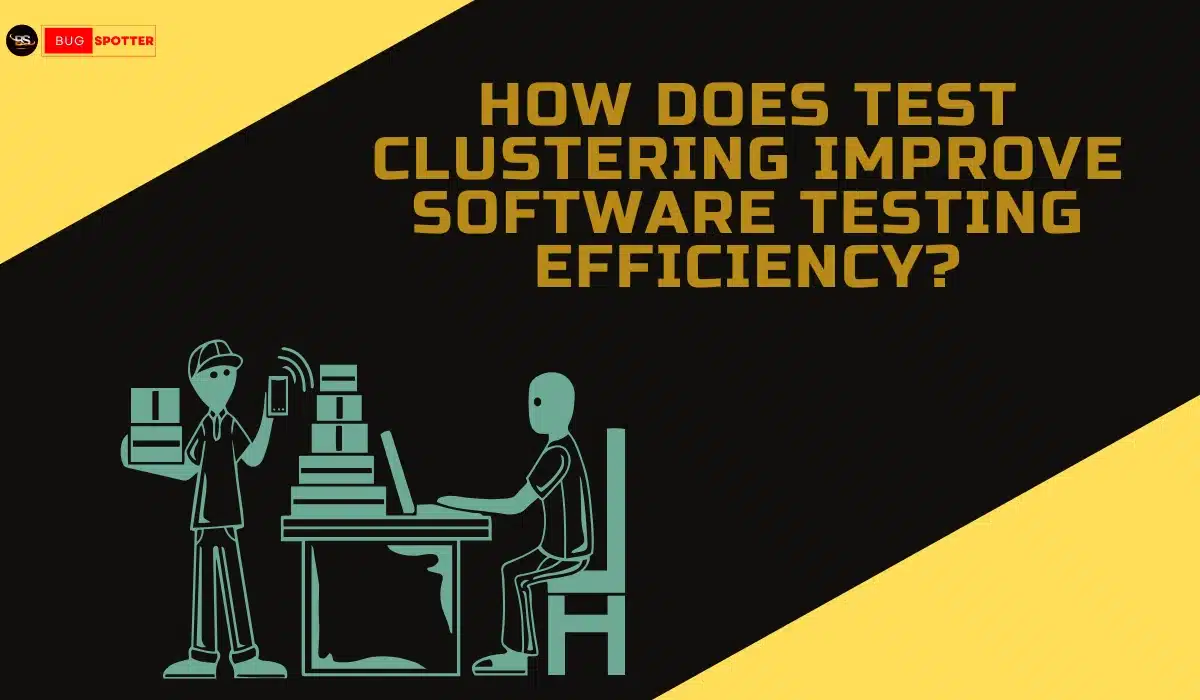How to use AI in stock trading?
AI in Stock Trading

AI in stock trading involves the use of advanced algorithms and machine learning models to analyze market data, predict stock movements, and automate trading decisions. By processing large volumes of data, AI systems can identify complex patterns and trends that are not easily discernible through traditional analysis.
Artificial Intelligence (AI) is revolutionizing stock trading by enabling traders to analyze vast datasets, identify patterns, and execute trades with unprecedented speed and accuracy.
Key Components of AI in Stock Trading
Data Collection and Processing:
- Gathering and cleaning data from various sources, including historical stock prices, financial statements, news articles, and social media posts.
Feature Extraction:
- Identifying relevant indicators and metrics that influence stock prices, such as price-to-earnings ratios, trading volumes, and market sentiment.
Model Training:
- Utilizing machine learning algorithms to train models on historical data, enabling them to recognize patterns and make predictions about future stock movements.
Real-Time Analysis and Execution:
- Monitoring live market data to generate trading signals and execute trades automatically based on predefined criteria.
Benefits of AI in Stock Trading
Enhanced Data Processing:
- AI can analyze vast amounts of data quickly, providing insights that inform trading strategies.
Improved Accuracy:
- Machine learning models can identify subtle patterns, leading to more accurate predictions and better investment decisions.
Automation:
- AI enables automated trading, reducing the need for manual intervention and allowing for 24/7 market participation.
Risk Management:
- AI systems can assess and manage risks by analyzing market volatility and adjusting strategies accordingly.
Challenges and Considerations
Data Quality:
- The accuracy of AI models depends on the quality of data. Inaccurate or biased data can lead to erroneous predictions.
Complexity:
- Developing and maintaining AI models requires specialized knowledge and resources.
Regulatory Compliance:
- AI-driven trading systems must adhere to financial regulations, which can vary by jurisdiction.
Ethical Considerations:
- The use of AI in trading raises questions about market fairness and the potential for manipulation.
Practical Applications of AI in Stock Trading
1. Algorithmic Trading
- AI-driven algorithms execute trades based on predefined criteria, such as price movements or trading volumes. These systems can process information and execute orders faster than human traders, capitalizing on short-term market opportunities.
2. Sentiment Analysis
- Natural Language Processing (NLP) allows AI to analyze news articles, social media posts, and other textual data to gauge public sentiment toward specific stocks or the market in general. This sentiment analysis can inform trading decisions and strategy adjustments.
3. Predictive Analytics
- Machine learning models predict future stock prices by analyzing historical data and identifying trends. These predictions help traders make informed decisions about when to buy or sell stocks.
4. Portfolio Management
- AI assists in optimizing investment portfolios by analyzing the performance of various assets and suggesting adjustments to align with the investor’s risk tolerance and financial goals.
Implementing AI in Your Trading Strategy
Define Your Objectives:
- Determine your investment goals, risk tolerance, and desired outcomes.
Select Appropriate Tools:
- Choose AI platforms and tools that align with your objectives and technical expertise.
Gather and Prepare Data:
- Collect relevant data and ensure it is clean and well-structured for analysis.
Develop and Train Models:
- Use machine learning algorithms to create models that can predict stock movements based on historical data.
Backtest Strategies:
- Test your AI models on historical data to evaluate their performance before deploying them in live trading.
Monitor and Adjust:
- Continuously monitor the performance of your AI-driven strategies and make necessary adjustments based on market changes and model performance.
Frequently Asked Questions
Q1: Can AI predict stock market movements with complete accuracy?
No, while AI can identify patterns and provide insights, it cannot predict stock market movements with complete accuracy due to the market’s inherent volatility and the influence of unforeseen events.
Q2: Do I need programming skills to use AI in stock trading?
While programming skills can be beneficial, many AI-powered trading platforms offer user-friendly interfaces that do not require advanced technical knowledge.
Q3: Is AI-based trading suitable for beginners?
AI-based trading can be advantageous for beginners by automating complex analyses. However, it’s essential to understand the basics of stock trading and the specific AI tools being used.
Q4: How does AI help in risk management?
AI aids in risk management by analyzing market data to detect potential risks and by adjusting trading strategies to mitigate potential losses.
Q5: Are there ethical concerns with AI in stock trading?
Yes, ethical concerns include market manipulation, reduced transparency, and the potential for AI systems to make decisions that may not align with broader societal interests.
Latest Posts
- All Posts
- Software Testing
- Uncategorized
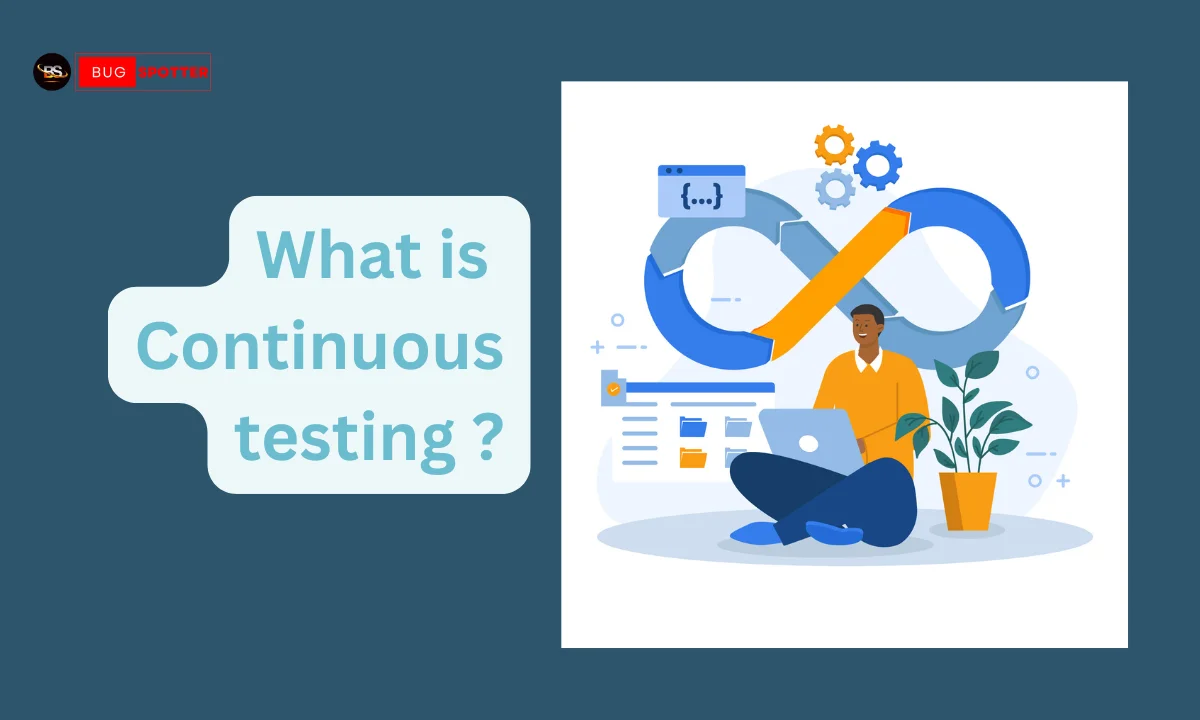

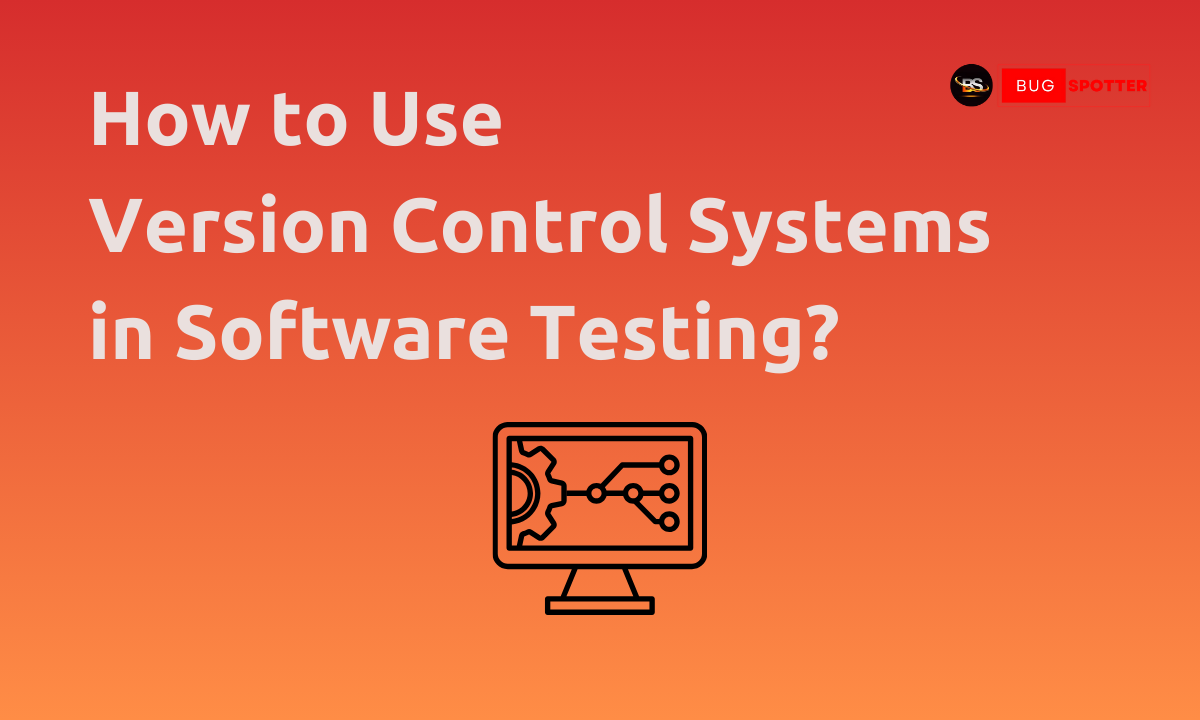
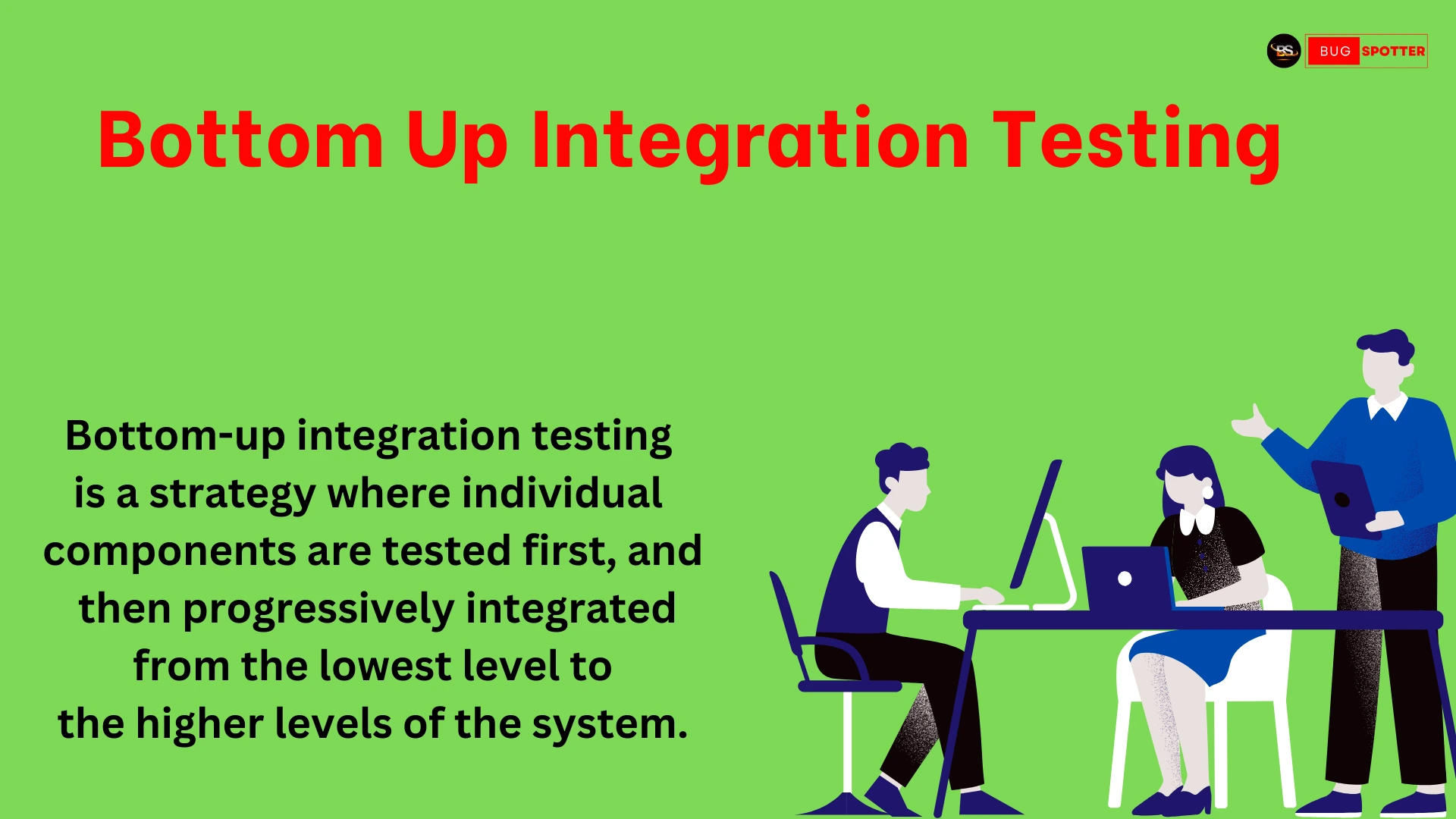
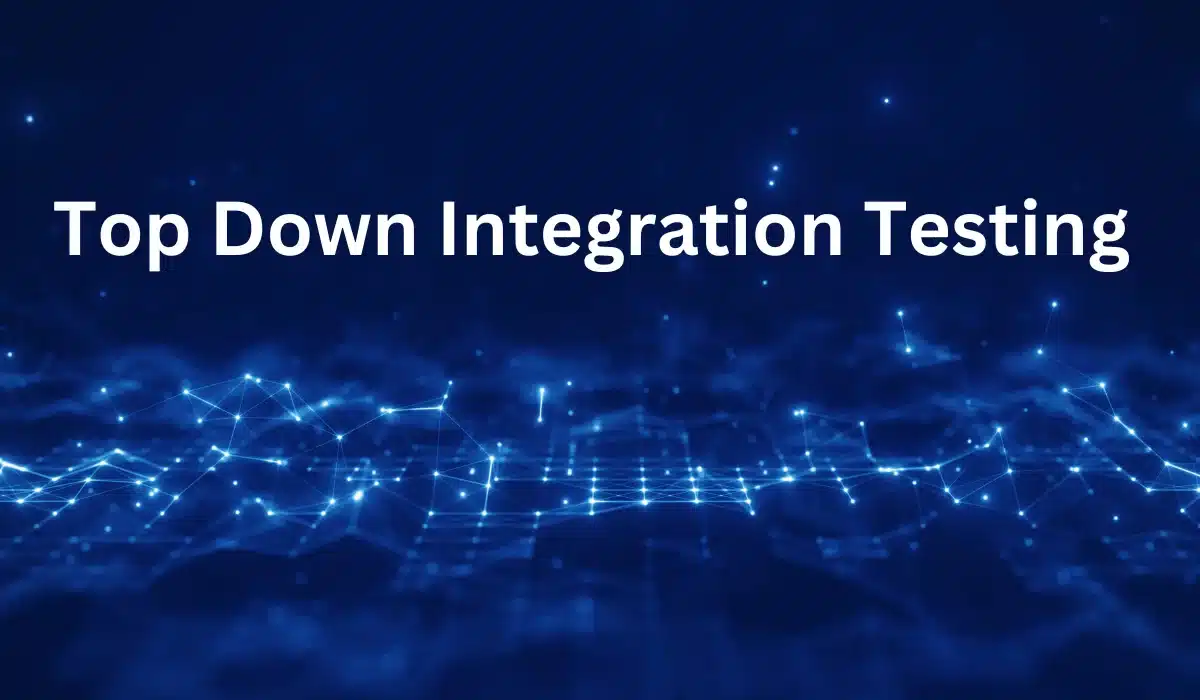
Categories
- Artificial Intelligence (5)
- Best IT Training Institute Pune (9)
- Cloud (2)
- Data Analyst (55)
- Data Analyst Pro (15)
- data engineer (18)
- Data Science (104)
- Data Science Pro (20)
- Data Science Questions (6)
- Digital Marketing (4)
- Full Stack Development (7)
- Hiring News (41)
- HR (3)
- Jobs (3)
- News (1)
- Placements (2)
- SAM (4)
- Software Testing (70)
- Software Testing Pro (8)
- Uncategorized (33)
- Update (33)
Tags
- Artificial Intelligence (5)
- Best IT Training Institute Pune (9)
- Cloud (2)
- Data Analyst (55)
- Data Analyst Pro (15)
- data engineer (18)
- Data Science (104)
- Data Science Pro (20)
- Data Science Questions (6)
- Digital Marketing (4)
- Full Stack Development (7)
- Hiring News (41)
- HR (3)
- Jobs (3)
- News (1)
- Placements (2)
- SAM (4)
- Software Testing (70)
- Software Testing Pro (8)
- Uncategorized (33)
- Update (33)



